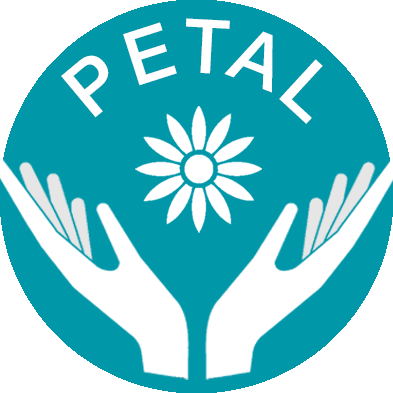It is important to use appropriate language and terminology when talking about learning disability.
Watch the video below to find out why using appropriate language is important.
Disclaimer about language and terminology
We understand that aggressive challenging behaviour is a consequence of unmet needs and serves a function for the person displaying it. The terminology used on the PETAL websitre and social media has been discussed at length with our patient and public involvement groups. The language has been adapted to try and ensure that it does not put the blame on the person or suggest the person needs to change. However, there is some terminology, such as “aggressive challenging behaviour” that we are unable to change. Whilst our patient and public involvement groups acknowledge this and understand the use of these terms within the PETAL programme, they do not necessarily agree or approve of their usage.
Some people may feel that labels and diagnoses are helpful to gain access to services and get help, while others may not feel the same way. It is important to see the person first, regardless of their diagnosis or the label they have been assigned. One of our partner organisations The Challenging Behaviour Foundation have written an insightful summary on what the term "challenging behaviour" means and why it is used, which you can read by clicking here.
Language on the PETAL website and social media
We have put together a guide of recommended language that we will use when talking about PETAL on our website and social media. This guide has been agreed with our carer advisory group.
| Recommended language | Language to be avoided |
|---|---|
Person with learning disability Adult with learning disability Participant with learning disability | Patient with learning disability Person with intellectual disability Person with learning difficulties |
| Disabled person | Person with disability |
Autistic person Person on the autism spectrum | Person with autism Person living with autism |
| “High” or “low” support needs | “High” or “low” functioning |
Person without disability Neurotypical people | Normal Healthy |
| Non-medical language | Diagnosis, illness, patient |
| Non-emotive language | Victim, vulnerable, dependant |
| Neutral language – e.g. condition | Issue, problem, deficit, impairment |
| Aggressive challenging behaviour | Aggressive challenging behaviour |
Therapy Support | Treatment Cure |
 Close
Close


